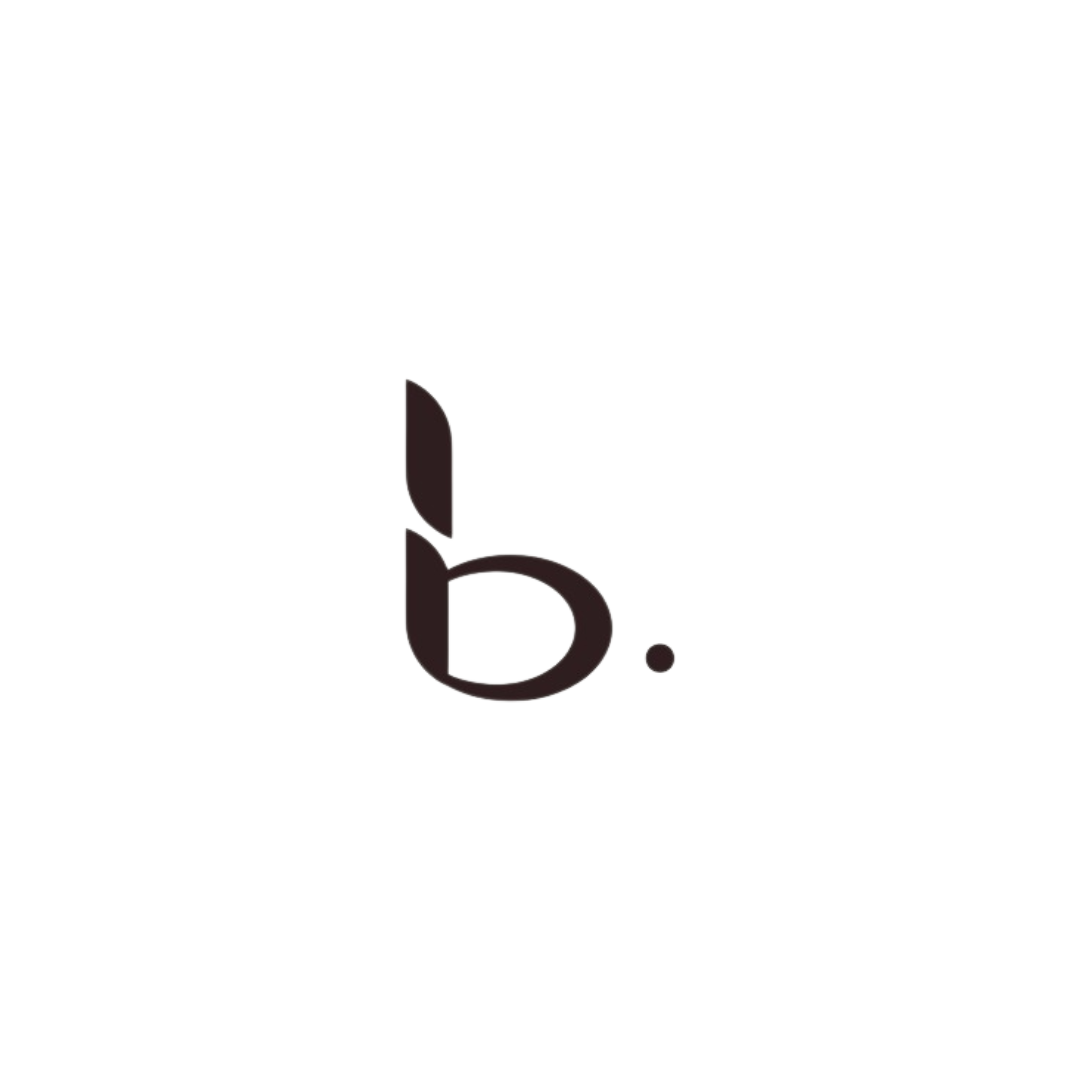I have news for you. Your skin starts showing signs aging from 25 years old. What does that entail? Think wrinkles, thinner skin, less elasticity and sagging. Although skin aging is a natural process, it can be accelerated by extrinsic factors like chronic UV exposure and high sugar diets.
While it may not be possible to turn back time, I always tell my patients that prevention is better than cure. The idea that you're too young to start using anti-aging skincare is erroneous at best. Why wait till problems arise to start giving your skin the boost it needs?
Of all the preventative or anti-aging skincare products available, retinoids are always a workhorse that give reliable results.
What are retinoids?
The retinoid family consists of both naturally occurring and synthetic analogues of retinol (vitamin A). Topical retinoids reduce fine lines and improve skin turgor by stimulating skin cell (keratinocyte) proliferation and collagen synthesis, maintenance of the skin barrier, preventing break down of collage and reducing water loss through the skin (transdermal water loss (TEWL)).
| 1st generation | 2nd generation | 3rd generation | 4th generation |
|---|---|---|---|
|
Tretinoin Retinal (Retinaldehyde) Retinol Retinyl Esters
Isotretinoin Alitretinoin |
Etretinate Acitretin Motretinate |
Tazarotene Adapalene Bexarotene |
Trifarotene Seletinoid G |
*NERDY NUGGET*
Tretinoin, Isotretinoin, Alitretinoin as well as 2nd, 3rd and 4th generation retinoids are usually only used in prescription topical medications for management of conditions like acne and psoriasis, not usually found in skincare or cosmetic products.
Most skincare products for facial rejuvenation contain one of the other 1st generation retinoids as shown above. Each of these must go through steps of conversion to become Tretinoin, which is one of the two retinoids (the other being Tazarotene) approved for treatment of photoaged skin as an adjunctive treatment.
Which retinoid should I choose?
Choosing the appropriate retinoid can be incredibly tricky. There are 3 main considerations when deciding which retinoids to use.
- How efficacious is it in comparison to Tretinoin (the gold standard for treatment of skin aging)?
- Is it stable enough to take effect?
- Is it going to cause skin irritation?

1. How efficacious is it in comparison to Tretinoin (the gold standard for treatment of skin aging)?
The more conversions the ingredient has to go through, the less active ingredient left by the time it reaches the last step of the process. In essence retinyl esters are the weakest retinoids and are the least efficacious. While well tolerated by most skin types, it is often ineffective in bringing the anti-aging effects it claims when used in isolation.
In comparison to retinol, retinaldehyde is close to 11 times more effective. It also has a low reported skin irritation level compared to Tretinoin. As such, based on studies done in comparison to tretinoin, retinaldehyde has the best balance between efficacy and tolerance amongst the first generation retinoids.
2. Is it stable enough to take effect? & 3. Is it going to cause skin irritation?
Retinoids are notoriously unstable, so the best way to ensure that there is physiochemical stability and good penetration through the skin is to give it a good layer of protection.
*NERDY NUGGET*
Imagine, you've bought a beautiful porcelain vase on your overseas travels and want to bring it back home with you on your flight. You've got a far better chance of it reaching home intact if you give it thick layers of bubble wrap and a good sturdy container to be transported in, compared to just hugging it on the flight back!
With modern technology, this is much easier at a molecular level. Using nanotechnology to form a little carrier for each molecule of the active ingredient, not only can you optimize the stability of it, but also minimize any irritation or inflammation it can cause to surrounding tissue!
For our renew. Retinaldehyde Serum, we made use of our nanoliposomal technology to form carriers of very small particle size (less than 30mm) to penetrate the skin layers effectively, and minimize skin irritation for better tolerance!
How can you incorporate this into your Skin Cycle?
It all depends - are you new to skin cycling? Or are you already a pro, just looking to step up your retinoid dose? Head over to our Guide to Your Skin Cycle to find out what would work best for you!
Who SHOULD NOT be using a retinoid product?
The use of retinoids is potential teratogenicity (causing birth defects). While retinoid teratogenicity has been confirmed for orally ingested retinoids, there is a lack of evidence to suggest safety of using retinoids during pregnancy. As such, we discourage and advise against using retinoids if you are pregnant or trying to conceive. Should you have any doubts, please speak to a healthcare professional before using any new skincare products.

